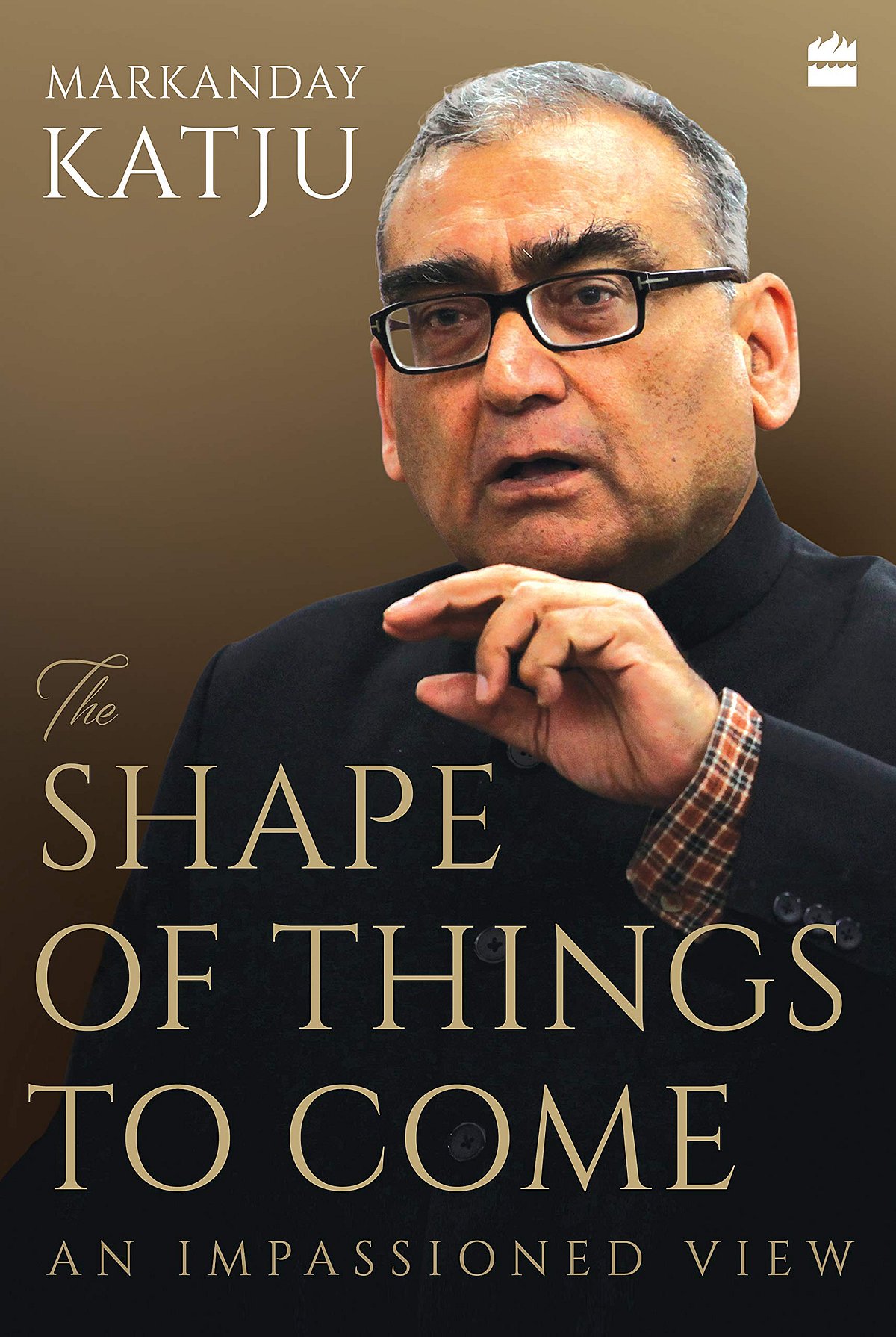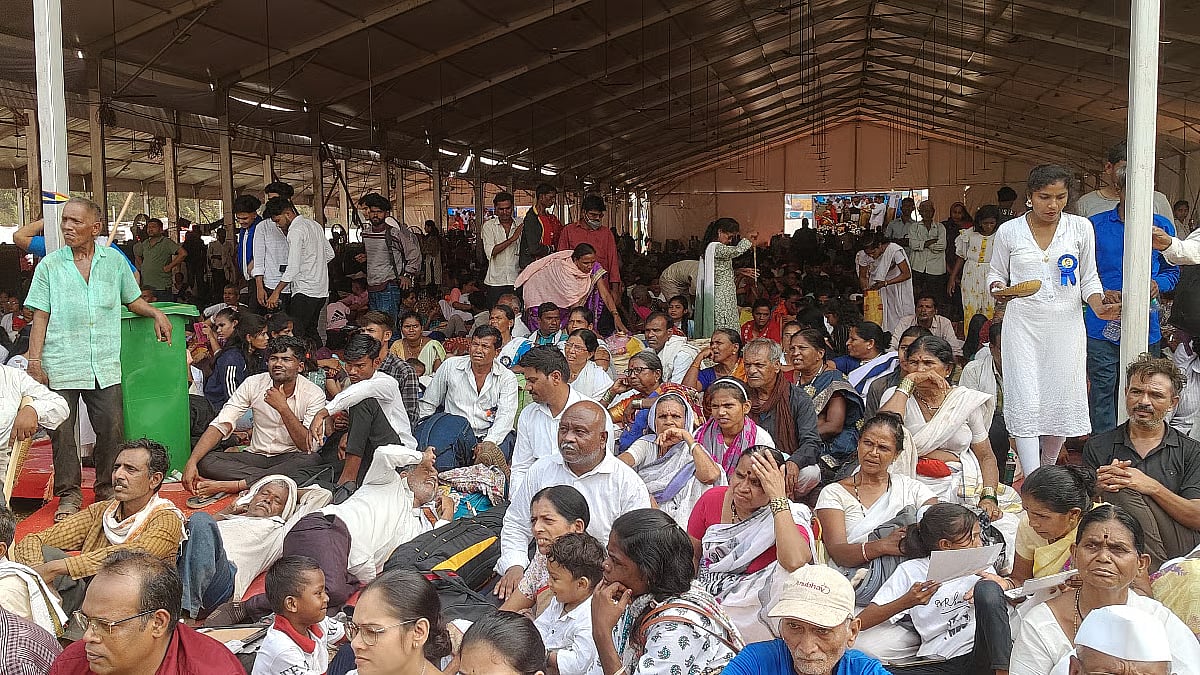Book: The Shape of Things to Come: An Impassioned View
Author: Markandey Katju
Publisher: Harper Collins
Pages: 255; Price: Rs 699
Controversial and irreverent — like the author. Pithy, interesting and eminently readable. These adjectives sum up the 255 pages of The Shape of Things to Come by Markandey Katju, a former judge of the Supreme Court who writes simply like a journalist and not in ponderous, unreadable prose like a judge. This book, like Katju’s earlier books, will rank high on the Flesch-Kincaid readability index, which tests how readable and simple a text is. The shortest chapter is just 190 words.
This book describes the shape of things to come for India in 15 parts ranging from Indian culture, history, religion, politics, economy, science, Sanskrit and the media. Of course, the 61 chapters which comprise this book gives the author’s views on all these aspects which may startle you. Why? They are different from what we learnt in school. For example, Katju describes India as a land of immigrants — not as recent as America — but a land of immigrants stretching far back in time.
Katju thrives on controversy. He says we have to rethink if Mahatma Gandhi won freedom for India. “The truth,” writes Katju, “Is the British left India not because of Gandhi, but because in the Second World War, Germany attacked and weakened England, and also because of American pressure on the British to leave India.”
Katju holds Gandhi as much responsible for the partition of India as Mohammed Ali Jinnah who, he says, was earlier an ambassador of Hindu-Muslim unity before Gandhi began starting his public meetings with prayers from the Hindu holy texts. His views on Subhash Chandra Bose and Sardar Vallabhai Patel are equally controversial.
But never mind these icons — more interesting is that Katju believes Pakistan and Bangladesh will one day reunite with India because “India and Pakistan are really one nation and will reunite one day under a secular government.”
On freedom of the media, Katju points out the trend set by a giant media house which seeks to entertain but not enlighten readers. “Cricket is the opium of the Indian masses who forget their social and economic condition when engrossed in cricket…What exists in India today is not really journalism but what may be broadly called fake news,” writes Katju.
Editors and journalists are not independent but have to do what the owners tell them to do and newspapers which criticize the government are denied official advertisements. “A phenomenon in India is that may newspapers and television channels are owned by businessmen whose other business interests eclipse neutral reportage,” points out Katju.
He points out that freedom of the press is a mirage — something we delude ourselves we have. But which we do not really possess. As most journalists know — Katju is right.
To sum up, this book is a valuable addition to Indophiles, history buffs and scholars. Or anybody wanting to curl up on a monsoon evening with a hot cup of tea and a good read.









